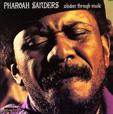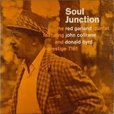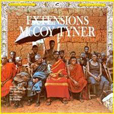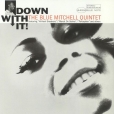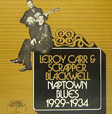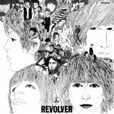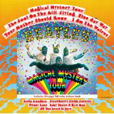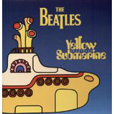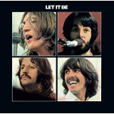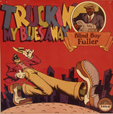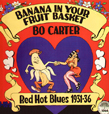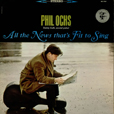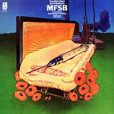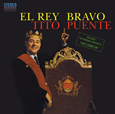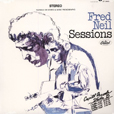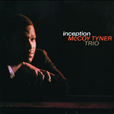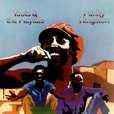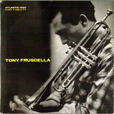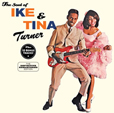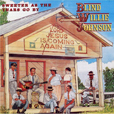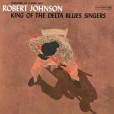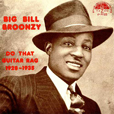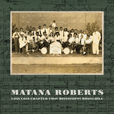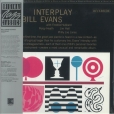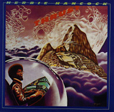Your basket is empty

‘Sublime. The romping High Life, which opens, establishes the album’s mood, which is upbeat and celebratory. Sanders’ vocalized saxophones are at their most vibrant (standouts are his tenor on High Life and soprano on Selflessness); in addition to Norman Connors on drums, there are three percussionists, including Mtume and Badal Roy; James Branch adds some pretty flute; and someone is playing, it sounds like, a sitar in tamboura-style (or a tamboura in sitar-style, it is hard to tell which) on the title track and The Golden Lamp’ (Chris May, AllAboutJazz).
With Alice Coltrane, Wayne Shorter, Gary Bartz, Ron Carter, Elvin Jones.
Classic big-band Puente from 1962, including the indomitable scorcher Oye Como Va.
Warm, comfy and loose — unashamedly inchoate — for Capitol in 1967.
Nice Percy Mayfield version.
This 1955 date aka I’ll Be Seeing You is the only full release by this brilliant bebop trumpeter who reminds everyone of Chet Baker. The wonderful Allen Eager’s here, too. (‘Best of the grey boys,’ said Pres.)
Their 1961 Sue Records debut, including I Idolize You and A Fool In Love, plus ten more sides from the same period.
The greatest gospel bluesman; one of the very greatest bottle-neck guitarists.
Almost overwhelmingly intense and gripping.
Thoroughly entertaining downhome blues, intricate ragtime, hokum and instrumental guitar stomps.
